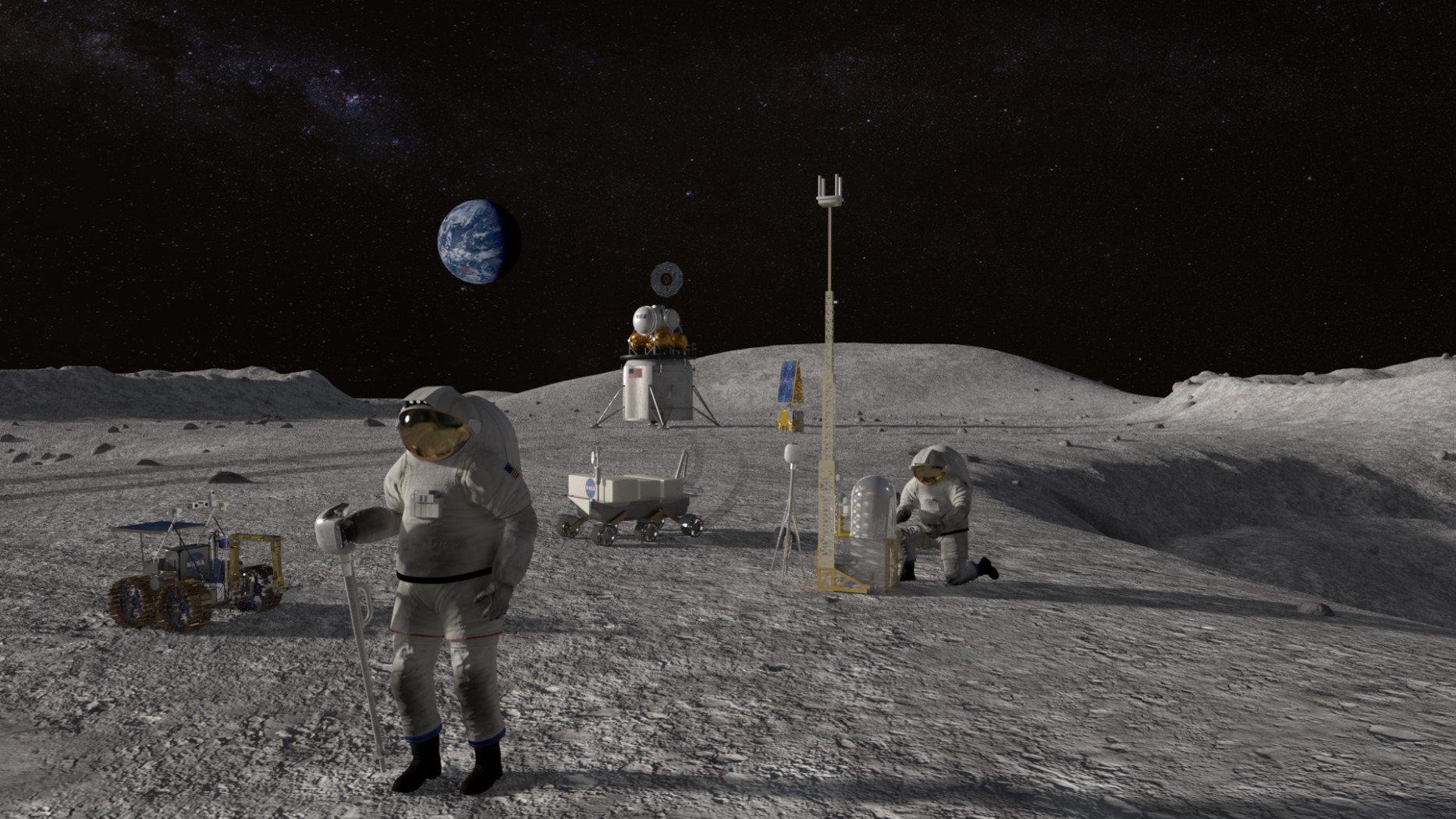NASA and Google Join Forces for Astronauts' Health: Can AI Save Lives in Space?











2025-08-17T10:00:00Z

Imagine being an astronaut, millions of miles from Earth, with no way to call for help in a medical emergency. Sounds terrifying, right? That’s precisely why NASA and Google are teaming up to develop an AI-powered medical assistant that could transform deep space missions.
As part of the groundbreaking Artemis program, NASA is diving into a new era of human spaceflight, aiming to send astronauts to the moon and eventually Mars. But with such ambitious goals come unique challenges, particularly when it comes to health and safety. Communication delays with Earth could stretch to nearly 45 minutes when contacting Mars, leaving astronauts in precarious situations.
To tackle this issue, NASA is collaborating with Google to test a proof of concept for the Crew Medical Officer Digital Assistant, or CMO-DA. This innovative digital assistant is essentially a Clinical Decision Support System designed to act as a virtual doctor in space. It promises to empower astronauts to diagnose and treat medical conditions autonomously, ensuring their health and safety in the vast unknown.
According to Google representatives, the AI system is trained on extensive spaceflight literature and utilizes advanced natural language processing and machine learning techniques. This enables it to provide real-time health analyses and performance evaluations. Early results are promising, indicating that the AI could reliably diagnose conditions based on the crew’s reported symptoms, which is nothing short of revolutionary.
With missions to the moon and Mars on the horizon, having an onboard AI assistant could bridge a crucial gap in medical support. Not only does it address the immediate needs of astronauts during deep-space missions, but the technology also offers potential benefits for remote areas on Earth where access to medical professionals is limited.
 Aaliyah Carter
Aaliyah Carter
Source of the news: Space